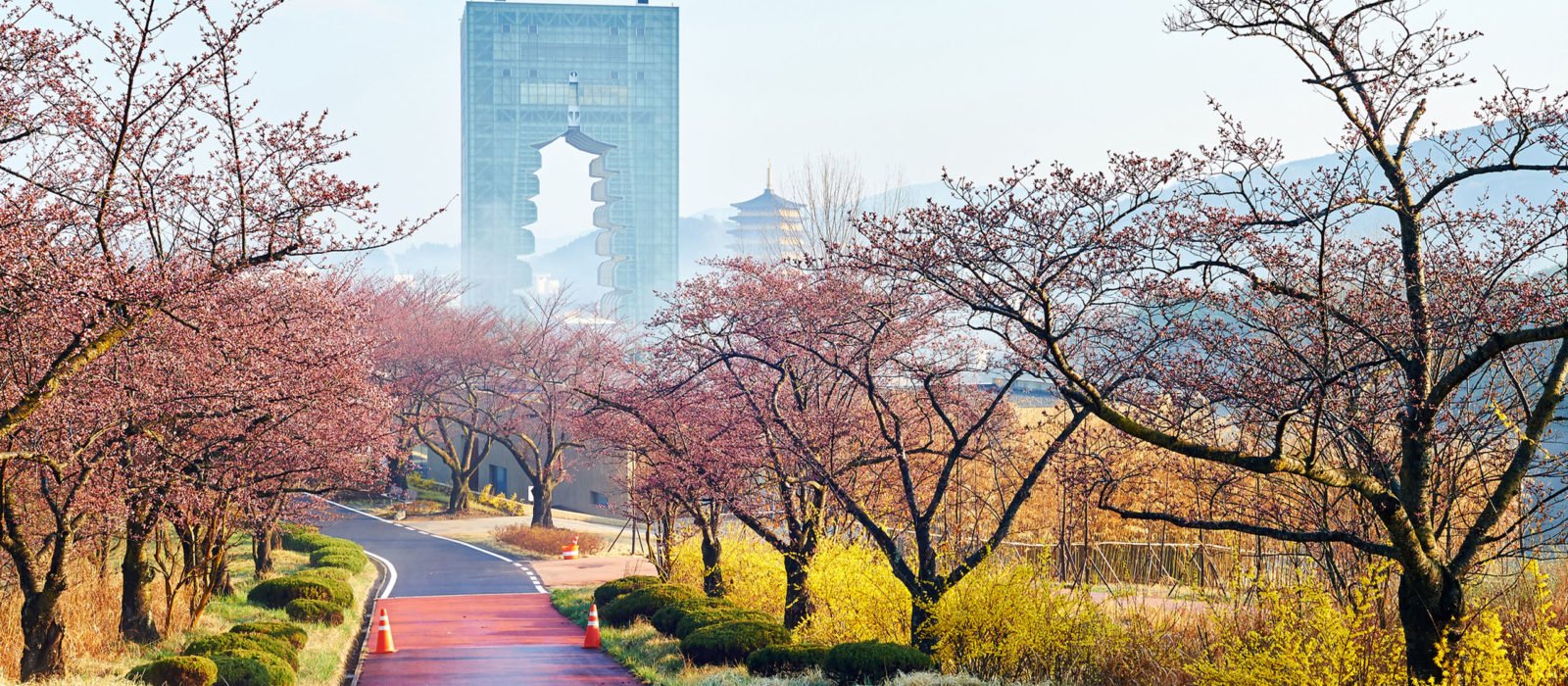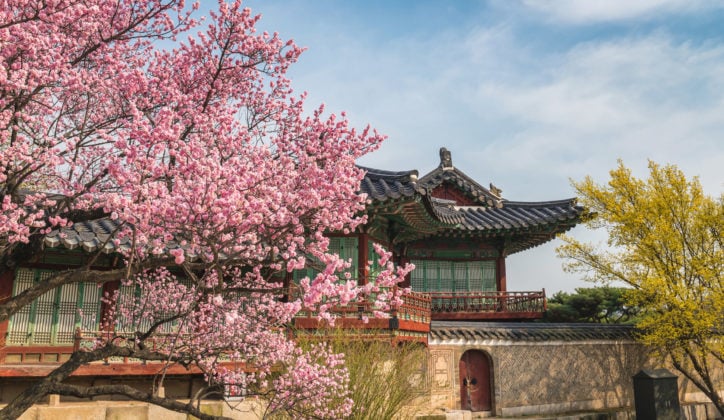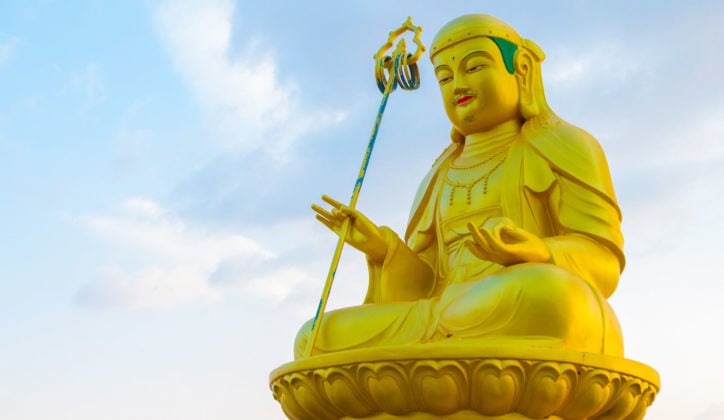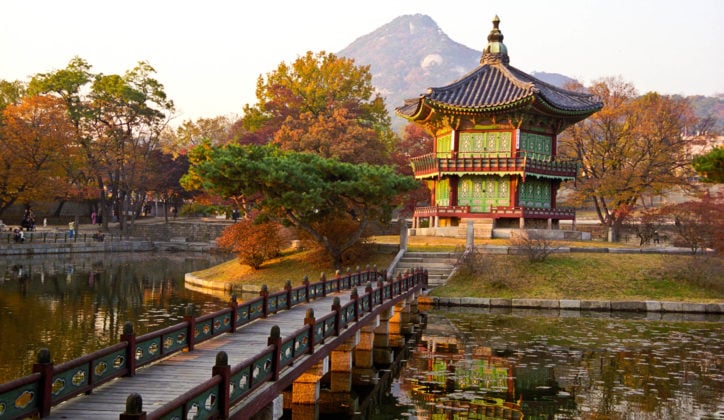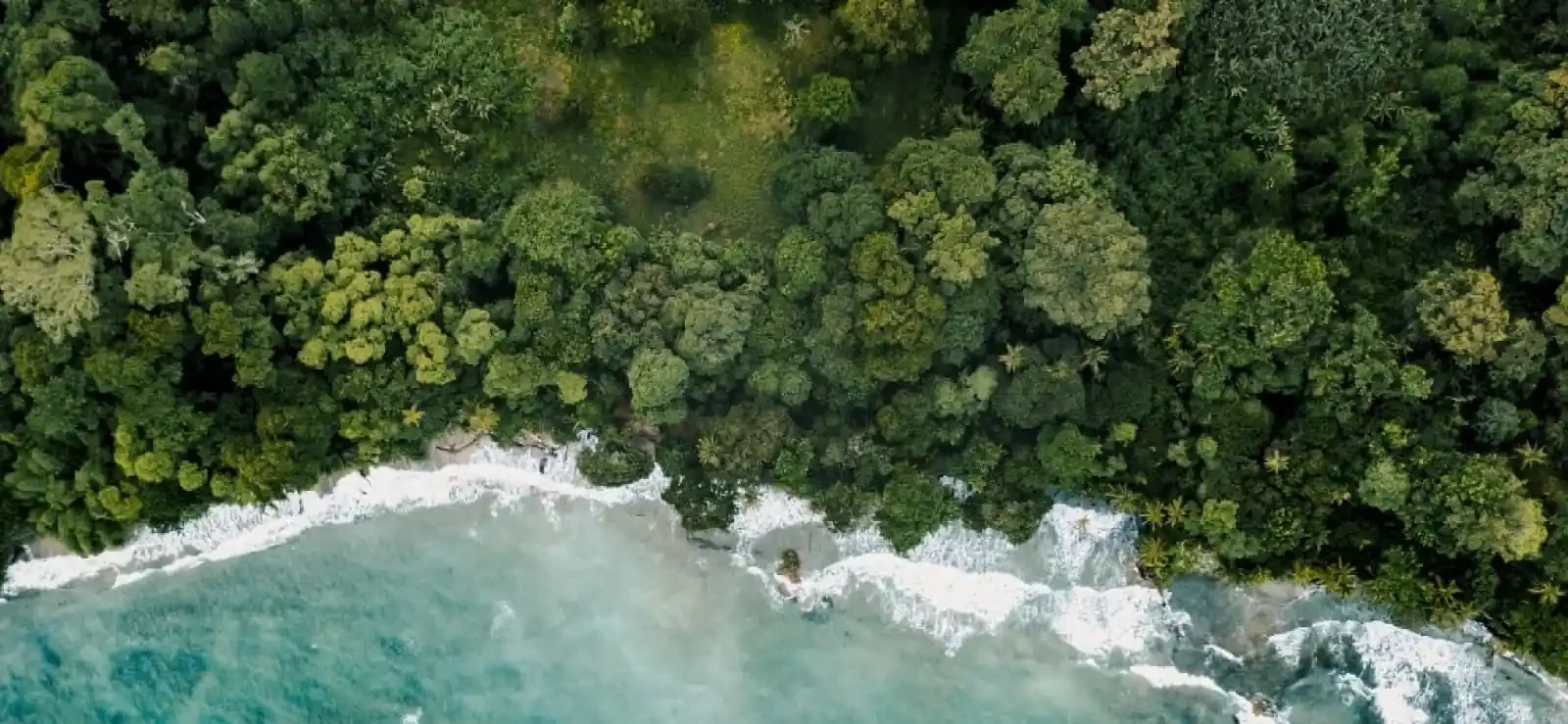Published on: November 9th, 2018
Last updated: July 27th, 2023
South Korea is a diverse and charming nation. Steeped in over 5,000 years of history and tradition, festivals are an important part of South Korean heritage.
Many traditional celebrations centre around myths and legends or the changing of the seasons. Ancient traditions practiced by farmers have taken on modern customs, while entirely new festivals have emerged for a new generation to enjoy.
From Jinhae Gunhangje Cherry Blossom Festival in Busan to Jeju Fire Festival, here is our experts’ pick of the top festivals in South Korea.

Sakura season in South Korea
Yeouido Spring Flower Festival, Seoul
While Japan is traditionally thought of when it comes to cherry blossom, South Korea is a great alternative. Seoul, South Korea’s eclectic capital, is one of East Asia’s major centres of culture and a great place to see the world famous cherry blossom. The Yeouido Spring Flower Festival is held in mid-April each year, when the azaleas, forsythia, royal azaleas and other spring flowers are in full bloom.
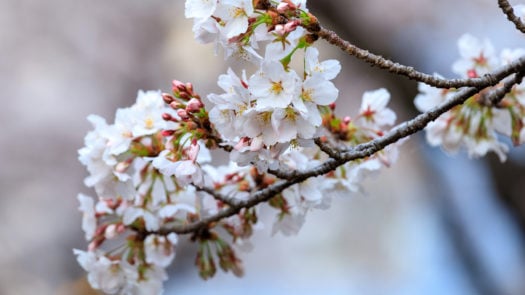
Over a thousand blossoming cherry trees line the streets of Seoul, with hues of pink welcoming the arrival of Spring. As Seoul is a sprawling metropolis, the Yeouiseo-ro Road (Yunjung-no) – where the Yeouido Spring Flower Festival takes place – is closed off to vehicles, so visitors can enjoy the cherry blossom in a peaceful setting. There is also a great atmosphere at night, when the cherry blossoms are lit up and a wide range of street performances and exhibitions take place.
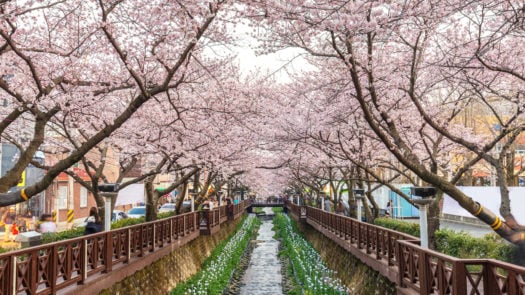
Gunhangje Cherry Blossom Festival, Busan
South Korea’s second most populous city Busan is the cultural centre of southeastern Korea. Often overlooked by travellers, witnessing the cherry blossom here is a more off the beaten path experience. This festival usually takes place during the first week of April, when the cherry blossoms in the southeastern part of the country are stunning. Held in the area of Jungwon Rotary and downtown Jinhae, a busy programme of cultural events fills the days of the festival, including a military performance.
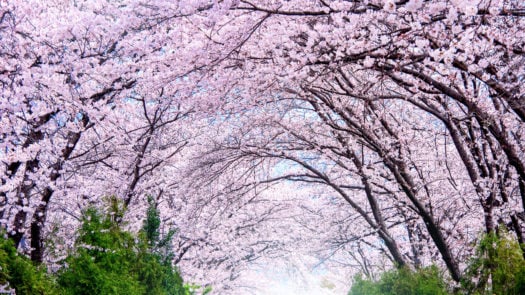

Seoul Lantern Festival
Seoul Lantern Festival is an annual festival held from the first Friday to the third Sunday of November. Each year, nearly 3 million visitors descend on Seoul’s Cheonggyecheon Plaza to see the kilometre stretch of Cheonggyecheon Stream illuminated with impressive lantern structures. There is a different theme each year, usually incorporating some elements of Korean culture. The lanterns are lit between 5 and 11 pm each night, so there is ample opportunity for visitors to wander through them before or after a traditional Korean meal of kimchi.
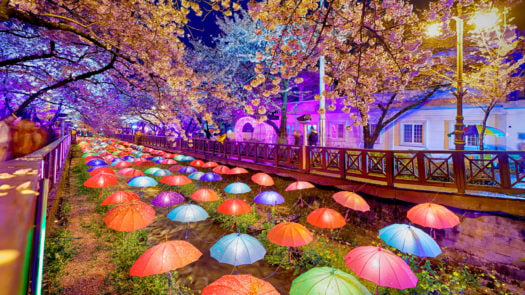

Jeju Fire Festival
Located off the coast of the Korean Peninsula, Jeju Island is a mystical place. Dominated by imposing volcano Hallasan, the island is filled with rich forests and villages built from volcanic black rock. A dramatic place of rugged cliffs, waterfalls and beaches, it’s no surprise that Jeju plays host to a fire festival. Held in early March, the festival celebrates the arrival of Spring and symbolises the time for South Koreans to pray for a good harvest and good health in the coming year.
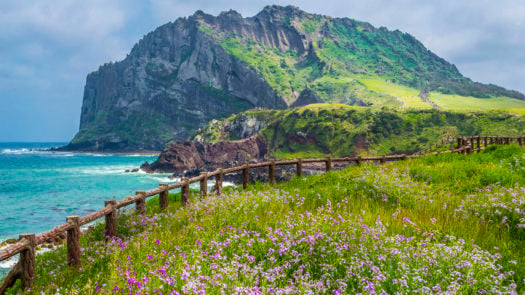
The highlight of this ethereal festival is the burning of the daljip, or ‘moon houses.’ These large bonfire structures made from pine tree branches and other logs were traditionally set alight in line with the rising of the full moon. Today, they represent villagers’ prayers for good fortune and protection from evil. In addition to the bonfires, various folk games and a number of cultural showcases are also part of the fun. Firework displays, K-pop concerts and Korean sporting events have all helped to transform this ancient festival for modern day revellers.
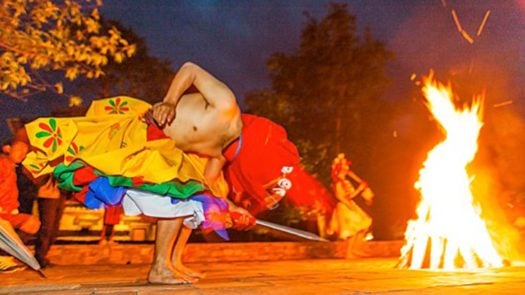

Boryeong Mud Festival
Around 200 kilometres south of Seoul, the town of Boryeong sees millions of visitors arrive for the iconic Boryeong Mud Festival. In mid-July, tourists flock to Boryeong to enjoy all things mud related. Visitors can enjoy mud wrestling, mud sliding and swimming in a giant mud bath. At Boryeong Mud Festival, merrymakers can benefit from the purifying qualities of bathing in mud while taking part in one of the many games on offer.
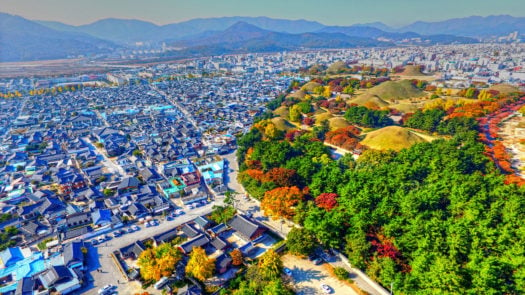
Courageous festival-goers can even try their hand at a spot of mud wrestling or take on the marine mud-training course. Those looking for a more relaxing visit will no doubt feel at home in the mud massage area. As night falls, the young at heart can continue the party on the beach, where music and fireworks keep the celebrations going.
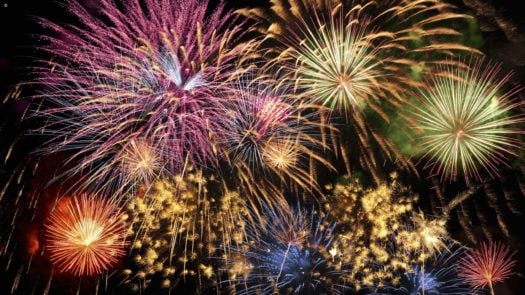

Gochang Green Barley Field Festival
For those looking to swap South Korea’s bustling metropolises for beautiful countryside, the Gochang Green Barley Festival is the festival of choice. At the end of April each year, the Gochang-gun region dedicates three weeks to celebrating the humble green barley crop. It is the region’s most popular festival and visitors can join in the celebrations by learning how to craft their own barley flute or searching for hidden treasure in the barley fields. Foodie travellers also have the chance to taste the regional delicacy of eel. Once you’ve celebrated in the verdant countryside, visit Seonunsan Provincial Park and Gwongeumseong Fortress for yet more scenic views.
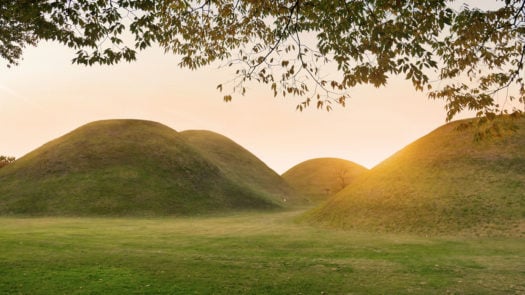
Our favourite South Korea trips...
Feeling inspired? Our expert travel designers are always on hand to help you discover South Korea's fascinating festivals.
